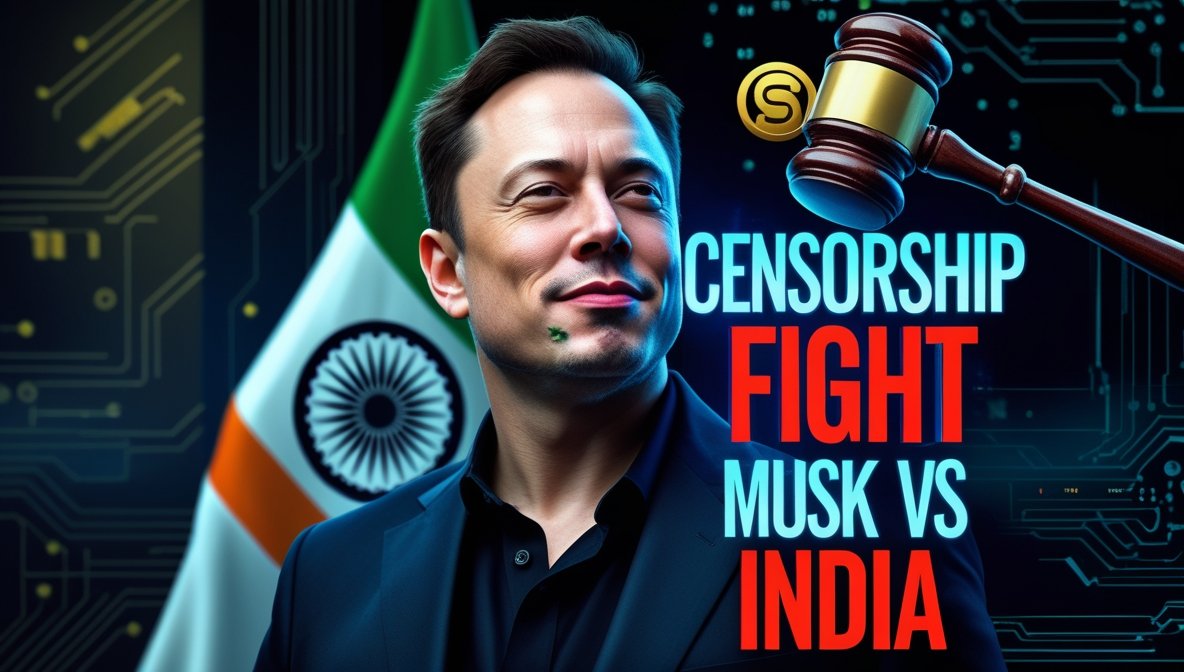Elon Musk’s X has filed a legal petition against the Indian government, challenging its use of Section 79(3)(b) to censor online content. The company argues this bypasses legal safeguards for free speech.
X Sues Indian Government Over Free Speech Censorship
Elon Musk’s social media company, X sues Indian government and has taken legal action against the Indian government, filing a petition in the Karnataka High Court. X argues that India’s use of Section 79(3)(b) of the Income Tax Act and the “Sahyog Portal” has turned into an unchecked tool for censoring online speech, bypassing established legal safeguards.
Under Section 79(3)(b) of India’s IT Act, social media platforms can lose their legal immunity if they fail to remove content flagged as “unlawful” by the government. However, X contends that authorities are misusing this section to issue takedown orders that do not align with the procedural safeguards of Section 69A.

Legal Argument Against India’s Censorship
X Corp’s petition emphasizes that the Supreme Court, in its 2015 ruling in Shreya Singhal v. Union of India, declared Section 69A as the only valid legal framework for blocking online content. This section mandates transparency, requiring written reasons for content removal, a pre-decisional hearing, and the opportunity for legal challenge.
YOU MIGHT ALSO LIKE: Breaking News: Trump Becomes 1st US President to Speak at Crypto Event
By invoking Section 79(3)(b) instead, the government is effectively bypassing these safeguards. The petition states:
“The law mandates that information blocking can only be carried out under Section 69A, which provides for judicial scrutiny. By using Section 79(3)(b) as an alternative mechanism, the government is effectively nullifying the Supreme Court’s directives.”
Public Reaction and Past Disputes
X sues Indian government and this legal challenge has sparked debate online. Indian journalist Chandra R. Srikanth posted about the case on X, prompting reactions from users. Some speculated that Musk’s fact-checking AI, Grok, could play a role in exposing the Indian government’s actions. Others called for Grok to verify the legal claims.
This isn’t the first time X has opposed India’s content moderation rules. In 2022, the company also challenged Section 69A orders, criticizing the government for blocking entire accounts instead of individual posts.
With Musk’s growing influence in global tech and free speech advocacy, this legal battle could set a precedent for online freedom in India and beyond.






